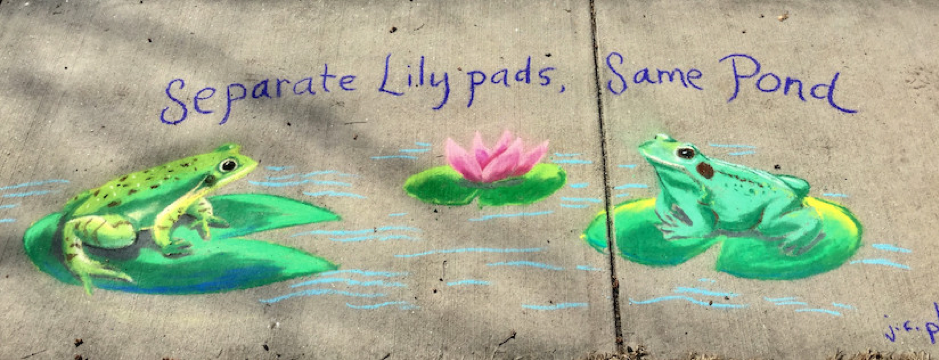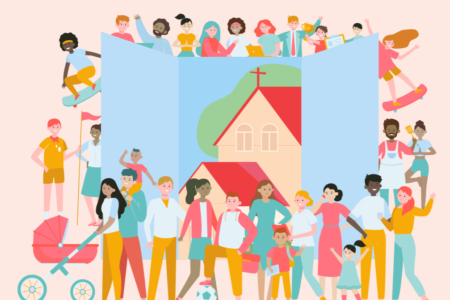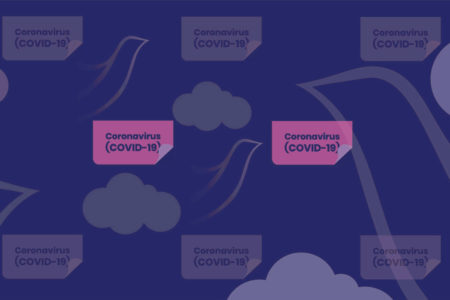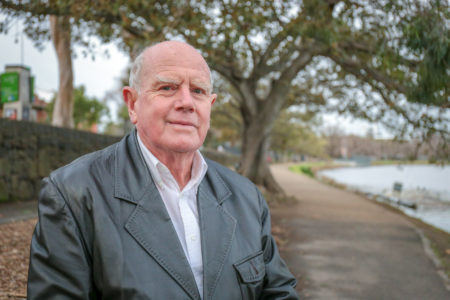As part of our ongoing series, we speak with Julie McDonald, coordinator/counsellor at Bethel Centre.
What effect has the Stage 3 lockdowns had on you professionally?
This pandemic is like nothing we have ever seen on earth. While in 1918 there was the Spanish Flu, COVID-19 is different. It’s global and beamed into our living rooms on almost every radio and television channel and on the Internet. People are talking on Facebook, and they’re tweeting and Face Timing to share information and stay in touch. It’s led us as a counselling service to take stock. Before this pandemic, the Bethel Centre had already broadened its scope to work for the prevention of harm. We want to respond to the challenges arising right now, to support the resilience and wellbeing of presbytery and congregation members across Victoria and Tasmania. How we do that in the face of this global pandemic is unfolding and taking shape as we go. The question for the team is, how can we check in with people to identify their current needs?
What changes have you had to make?
The big change we have had to make is ceasing to see people face to face. While a number of our clients have used online or telephone counselling in the past, for those who haven’t it’s a big shift to make. Suddenly, everything you have to say to your counsellor is mediated via a computer screen, or on the phone so that all you have is the counsellor’s voice. It’s a challenge, sure, and we are upskilling ourselves on the go with the technology to ensure smooth connections. A month into working from home, Wendy Driscoll and I are gaining confidence with the technology. This is enabling us to focus on each person and to hear from them what works best. In the end, the most important thing is the relationship we have with each client, and we’re committed to staying in touch and making it work in whatever way we can.
Are you finding increased numbers of people needing counselling now?
We anticipated a rush though we have only seen a small increase in numbers. We think that’s because we are all getting used to the restrictions. People are in shock, and are sitting tight as they take it all in. They’re not sure what this is going to mean for them and their families. Living in close quarters may place a strain on families. Any conflict arising will likely play out in church communities in the communication between congregation members. Like a chain reaction, the impact of the pandemic will continue to unfold, and will no doubt provide a sharp focus on just how much our lives will be affected. We anticipate that, as this happens, we will see a rise in people seeking our services, to respond to the anxiety and fear they are experiencing and the impact this is having on their lives and relationships. On the surface, such fear and anxiety may lead to anger and irritability, or to a sense of isolation and loneliness, while for some it may lead to a drive to help others at the expense of their own needs. However, when the dust settles, we will all grieve at some level for a collective loss of innocence and the loss of a way of life that we have known for the best part of a century. Our advice is that you don’t have to tough it out. Bethel is a free service and we currently have capacity. Any member of the Church is welcome to call for support.
Have there been any positives in this?
Absolutely. The positives come from focusing on what we can do. Initial challenges are leading us to stretch ourselves and think creatively about how we can connect and communicate with clients. We know that, right now, it can feel like a long stretch between sessions. I’m finding poems, YouTube clips, Ted Talks, and images relating to what comes up for clients in sessions. People are drawing while we speak, or showing me photos they have never thought to bring to a session. A couple of clients have felt housebound and restless, so I have suggested they put their headphones on as we walk-and-talk while we’re on the phone. Walking and talking also provides the opportunity for privacy when someone is experiencing stress and conflict at home. The other positive is that it’s made the service as easily accessible to country areas and Tasmania as to metropolitan areas. It’s taken the geography out of it. We see this time opportunity to consider how easy it is to take for granted all that we have, and a chance to think about new ways we can be together.
Is there anything you’ve learned in the past few weeks you’d like to share?
I took this question back to the Bethel Team and we all agreed that the most important thing for all of us is to be kind to ourselves and each other. As we adjust to working from home amidst all the distractions, it’s helpful to acknowledge the challenges of trying to get a day’s work done. We can’t expect to achieve things as quickly and efficiently as we usually do and that’s OK. We are all doing our best and can say that what we are managing to do is enough.
In this time of challenge and for many in distress, do you have a personal reflection you would like to share?
 It might feel like we are isolated in our houses but I agree with poet, theologian and mediator Padraig O’Tuama, who says that COVID-19 invites us to think as communities rather than individuals. We’re in this together and a quote from one of Padraig’s poems brings this home to me: “It is in the shelter of each other that people live”.
It might feel like we are isolated in our houses but I agree with poet, theologian and mediator Padraig O’Tuama, who says that COVID-19 invites us to think as communities rather than individuals. We’re in this together and a quote from one of Padraig’s poems brings this home to me: “It is in the shelter of each other that people live”.





